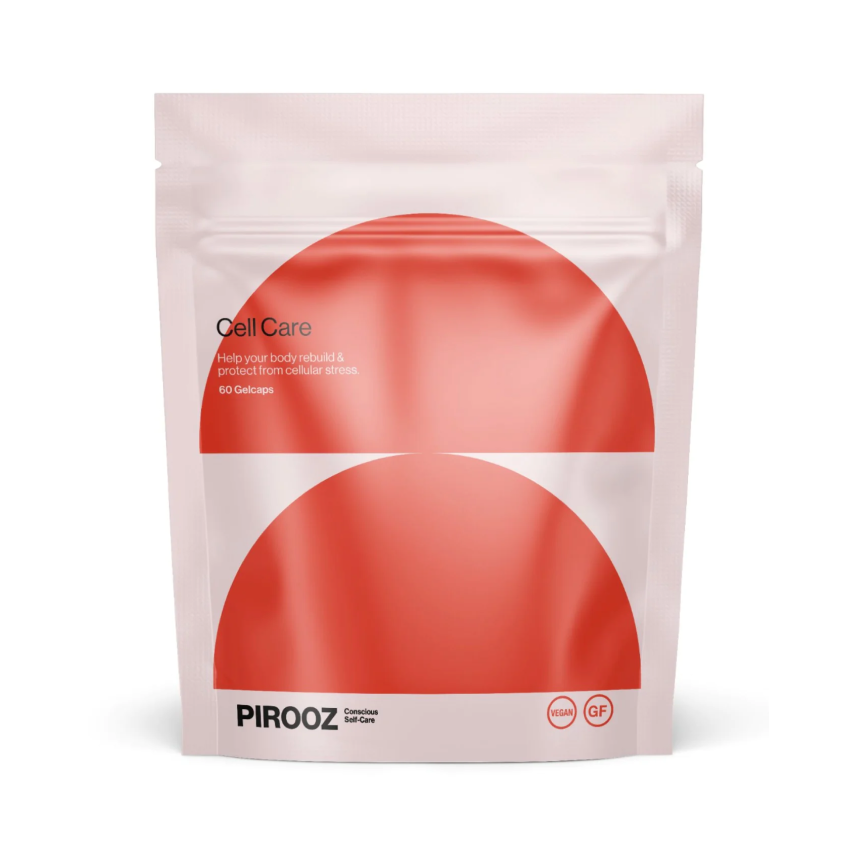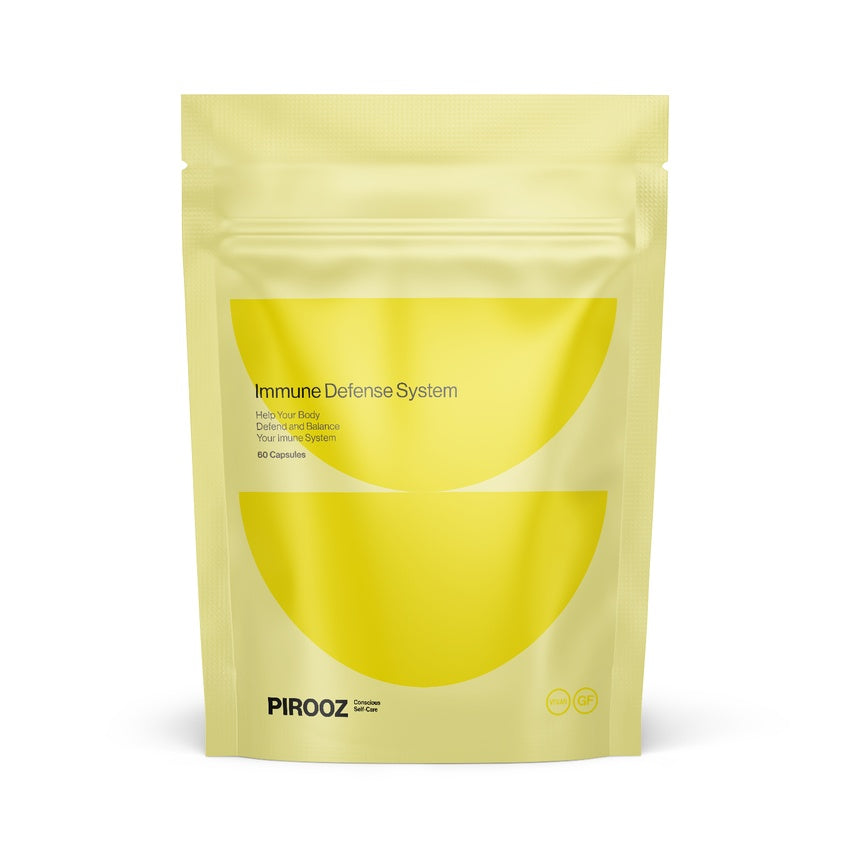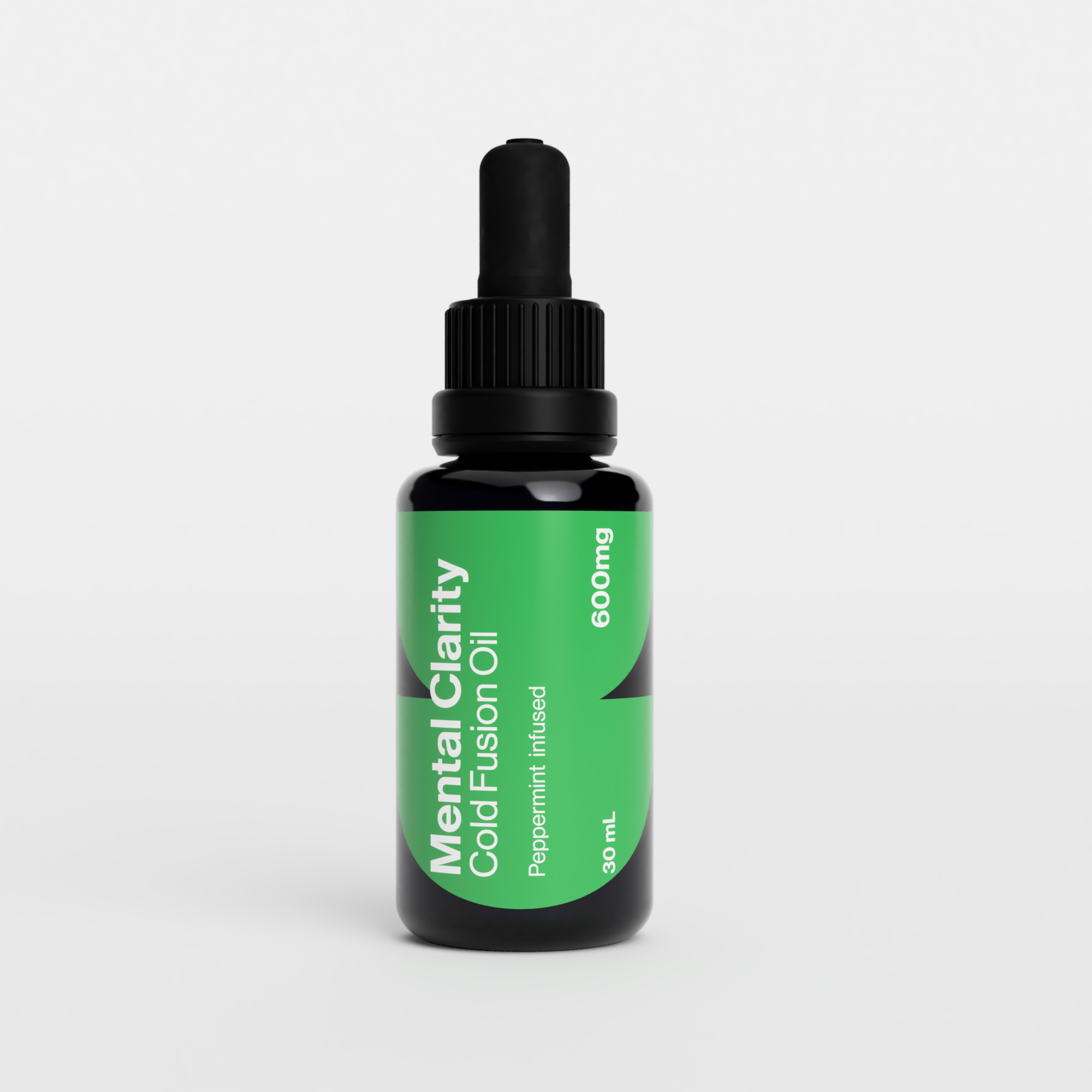Understanding Chronic Inflammation
Chronic inflammation occurs when the immune system continuously releases inflammatory chemicals, even when no immediate threat exists. This can damage healthy cells, tissues, and organs, leading to several health problems. Factors contributing to chronic inflammation include poor diet, stress, lack of exercise, environmental toxins, and underlying infections.The Role of Diet in Managing Chronic Inflammation
Diet plays a crucial role in either exacerbating or reducing chronic inflammation. Certain foods can trigger or sustain inflammatory responses, while others have anti-inflammatory properties.Anti-Inflammatory Foods
- Fruits and Vegetables: These are rich in antioxidants, vitamins, and minerals that help reduce inflammation. Berries, leafy greens, and cruciferous vegetables like broccoli and Brussels sprouts are particularly beneficial (Calder et al., 2009).
- Healthy Fats: Omega-3 fatty acids in fatty fish (such as salmon, mackerel, and sardines), flaxseeds, and walnuts can help lower inflammation (Calder, 2010).
- Whole Grains: Whole grains such as oats, brown rice, and quinoa provide fibre and essential nutrients that support a healthy inflammatory response (Fung et al., 2001).
- Nuts and Seeds: Almonds, walnuts, and chia seeds are packed with healthy fats and antioxidants that combat inflammation (Blomhoff et al., 2006).
- Herbs and Spices: Turmeric, ginger, and garlic have potent anti inflammatory support properties due to their bioactive compounds (Jurenka, 2009).
Foods to Avoid
- Processed Foods: High in trans fats, refined sugars, and additives, processed foods can increase inflammation.
- Sugary Beverages: Sugary sodas and drinks can spike insulin levels and promote inflammation.
- Refined Carbohydrates: White bread, pastries, and other refined carbs can contribute to inflammation.
The Importance of Exercise
Regular physical activity is one of the most effective ways to reduce chronic inflammation. Exercise helps regulate the immune system and reduces the production of pro-inflammatory cytokines.- Aerobic Exercise: Walking, jogging, cycling, and swimming can significantly reduce inflammation markers (Beavers et al., 2010).
- Strength Training: Lifting weights and other resistance exercises help improve muscle mass and reduce inflammation.
- Flexibility and Balance Exercises: Yoga and tai chi enhance flexibility and balance and help stress and inflammation (Hagins et al., 2013).
Stress Management Techniques
Chronic stress is a significant contributor to inflammation. Stress management techniques can help reduce inflammation by lowering stress hormones and promoting relaxation.- Mindfulness Meditation: Practicing mindfulness can reduce the production of inflammatory cytokines (Creswell et al., 2012).
- Deep Breathing Exercises: Simple breathing exercises can activate the parasympathetic nervous system, reducing stress and inflammation.
- Progressive Muscle Relaxation: This technique involves tensing and relaxing different muscle groups to relieve stress and reduce inflammation.
- Probiotics: These beneficial bacteria can help restore balance in the gut microbiome and reduce inflammation. Yoghurt, kefir, sauerkraut, and other fermented foods are excellent sources of probiotics (Gopalakrishnan et al., 2018).
- Prebiotics are non-digestible fibres that feed beneficial gut bacteria. Prebiotic-rich foods include garlic, onions, leeks, asparagus, and bananas (Slavin, 2013).
- Fiber-Rich Foods: High-fiber diets support a healthy gut microbiome and reduce inflammation (Ma et al., 2008).
Herbal Remedies
Herbal remedies have been used for centuries to treat various ailments, including inflammation. Many herbs contain compounds that can reduce inflammation and support overall health.- Turmeric (Curcumin): Curcumin, the active ingredient in turmeric, has powerful anti-inflammatory and antioxidant properties (Jurenka, 2009).
- Ginger: Ginger contains bioactive compounds like gingerol that have anti-inflammatory effects (Grzanna et al., 2005).
- Boswellia: Also known as Indian frankincense, Boswellia serrata can inhibit pro-inflammatory enzymes and reduce inflammation (Sengupta et al., 2011).
- Green Tea: Rich in polyphenols, green tea has anti-inflammatory and antioxidant properties (Cabrera et al., 2006).
The Role of Supplements
In addition to a balanced diet and lifestyle changes, certain supplements can help manage chronic inflammation.- Omega-3 Fatty Acids: Supplements like fish oil provide a concentrated dose of omega-3s, which can significantly reduce inflammation (Calder, 2010).
- Vitamin D: Low levels of vitamin D are associated with increased inflammation. Supplementing with vitamin D can help reduce inflammation (Mitri et al., 2011).
- Curcumin: Curcumin supplements are available in various forms and can provide a potent anti-inflammatory effect (Jurenka, 2009).
- Probiotics: Probiotic supplements can help restore gut health and reduce inflammation (Gopalakrishnan et al., 2018).
Lifestyle Factors
Other lifestyle factors also play a crucial role in managing chronic inflammation.- Sleep: Poor sleep quality and insufficient sleep can increase inflammation. Aim for 7-9 hours of quality sleep per night (Irwin et al., 2016).
- Hydration: Staying well-hydrated helps flush out toxins and supports overall health, reducing inflammation.
- Avoiding Toxins: Minimizing exposure to environmental toxins, such as pollutants, chemicals, and smoking, can reduce inflammation.
Integrative Approaches
Combining various natural approaches can provide a comprehensive strategy for managing chronic inflammation. An integrative approach may include:- Personalized Nutrition: Working with a nutritionist to develop a personalized anti inflammatory diet.
- Holistic Health Practitioners: Consult with practitioners specializing in natural and integrative medicine for tailored recommendations.
- Mind-Body Therapies: Incorporating acupuncture, massage therapy, and chiropractic care supports overall health and reduces inflammation.











